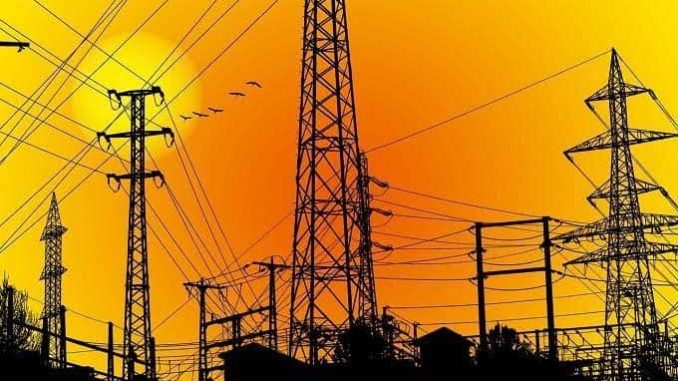
Nigeria may plunge into a nationwide blackout within hours as the National Union of Electricity Employees (NUEE) on Wednesday directed its members to withdraw services indefinitely over unresolved labour disputes with the Transmission Company of Nigeria (TCN).
In a circular signed by Acting General Secretary Dominic Igwebike, the union accused TCN management of ignoring long-standing grievances, including poor welfare conditions, inadequate tools, and disregard for workers’ rights.
“Unfortunately, the TCN management has chosen to handle these issues with kid gloves, showing a lack of regard for its hardworking staff,” the union’s notice read. “We cannot continue to fold our arms while our rights are violated and the Nigerian Electricity Supply Industry deteriorates. To this end, the union is compelled to withdraw its services.”
The union’s demands include:
Immediate implementation of the National Minimum Wage
An end to casualisation of workers
Provision of operational tools and materials
Payment of staff salaries owed since April 2025
Supply of Personal Protective Equipment (last provided in 2021)
Provision of operational vehicles
Resolution of issues from TCN’s unbundling
Settlement of outstanding retirement benefits
The directive, which took immediate effect, ordered “total compliance” from all electricity workers nationwide, heightening fears of widespread outages.
This is not the first time NUEE has taken such drastic action. In June 2024, a similar strike crippled power supply across many states, forcing the Federal Government into emergency talks with union leaders.
Efforts to reach TCN spokesperson Ndidi Mbah for comment were unsuccessful as calls and messages went unanswered at press time.
The strike comes despite repeated government assurances of reforms in Nigeria’s troubled power sector, which continues to grapple with chronic underperformance, weak infrastructure, and recurring labour unrest more than a decade after privatisation.
Be the first to comment